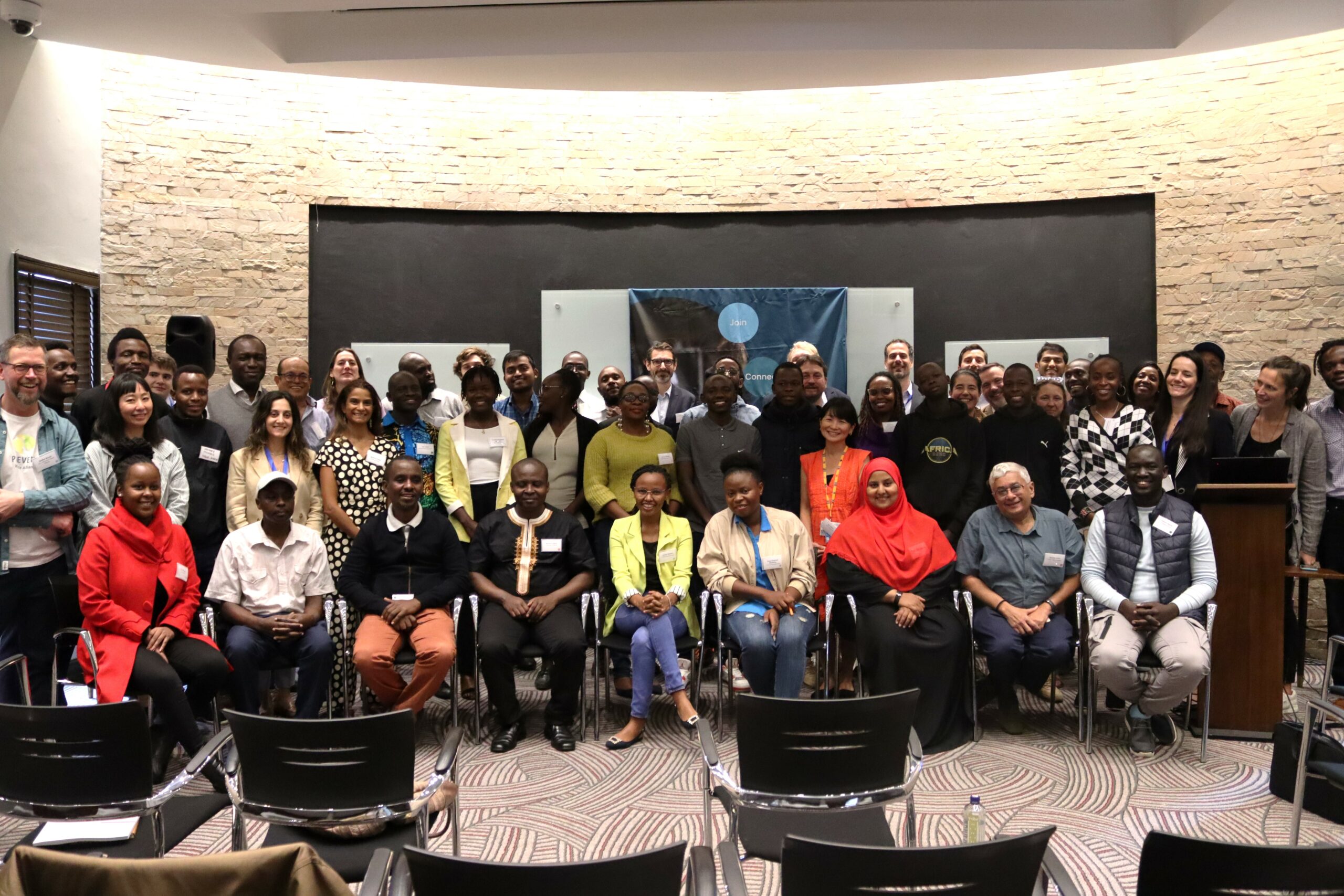
Discussions around the transition from linear to circular business models are becoming more present as a concrete way for businesses to support climate action. Especially when it comes to plastic waste, a shift in business models is essential, with much work still needed to design out unnecessary waste in the first place. From circular supply chain, reuse and repair models to innovations in sharing and leasing, more businesses are starting to shift to circular business models that help reduce costs, decrease environmental impact and improve efficiency. These solutions impact not only their own business but can have a positive impact across their value chain.
While circular business strategies and innovations are essential for climate action, often the critical social dimensions to achieve sustainability goals are not considered or implemented. It is vital that not only environmental but also social elements are embedded in new business models for the holistic impact that benefits both people and planet.
At the INC-3 in Nairobi, Yunus Environment Hub participated in the side event, “Socio-economic considerations in the transition to circular approaches to plastic, including human rights approaches and inclusion of the informal waste sector”. We also shared our recent contribution to the PREVENT Waste Alliance EPR factsheet on “Just Transition and recognition of the informal sector” to discuss social aspects of the plastic pollution crisis.
What exactly is just transition when it comes to plastic pollution and the waste management sector?
According to the factsheet, a ‘Just Transition’ is defined as ending plastic pollution in a way that is as and inclusive as possible to everyone concerned, creating decent work opportunities and leaving no one behind. The concept aims to make visible those working at all stages of the plastic value chain, including waste pickers and other workers under informal and cooperative settings and recognising their fundamental human rights.
The need for equity and decent work
Improving waste management and recycling is a crucial step especially for the development of low and middle-income countries.
A plan for a just transition must build and improve upon systems that waste pickers have already established while guaranteeing, better and decent work, social protection, more training opportunities, appropriate , support for infrastructure and organising of workers, as well as greater job security for workers at all stages of the plastic value chain, waste pickers and other workers in informal and cooperative settings addressing plastic pollution. The just transition framework needs to emphasize supporting waste pickers and other workers who are most vulnerable to occupational disruption such as hazardous waste and climate change among others. Finally, transparency mechanisms should be put in place to ensure accountability and measure impact.
At Yunus Environment Hub, we run training programs to empower the informal sector and work towards a just transition, for example our Environment Health and Safety (EHS) Training in Vietnam. link EHS (Environment, Health & Safety) training program for the informal waste sector – Yunus Environment Hub
Shifting the perception of informal sector services
In informal systems, items with no market value are not collected and continue to litter the environment. One key requirement for a comprehensive waste collection system is to shift the focus from collection of valuables only to providing a service to citizens and the environment, regardless of how much the waste materials are worth.
EPR is one of the key tools for this shift to a service-orientated mindset. Integrating the informal sector into an EPR system has its challenges and requires a thorough analysis before moving forward. The factsheet outlines the benefits of integrating informal workers into the formal economy, challenges to consider, and recommendations to recognize informal activities into the EPR system.
Read the full Factsheet
Circular, Social Business models
As new circular business models are being created and scaled to combat plastic pollution, we also need to ensure a just transition for stakeholders . At Yunus Environment Hub, we work with social businesses to design business models that take into consideration both social and environmental impact to ensure ethical and decent work. By increasing efficiencies through circular strategies, businesses can increase green job opportunities resulting in additional income for their communities. Programs such as CirculaRise build capacities and equip business professionals with skills and know-how to take action to build circular, social business solutions.
INC-4: April 2024
Our Yunus Environment Hub co-founder and Managing Director Christina Jaeger will be attending INC-4 to engage in dialogues with key stakeholders related to the international legally binding instrument on plastic pollution. YEH believes the topic of just transition should be included as a key theme embedded across environmental policies and discussions and will share key insights from our research report “Just Transition in Waste Management and Circular Economy in the ASEAN Region” conducted on behalf of GIZ. Please get in touch if you would like to schedule a meeting with Christina onsite this April: info@yunuseh.com